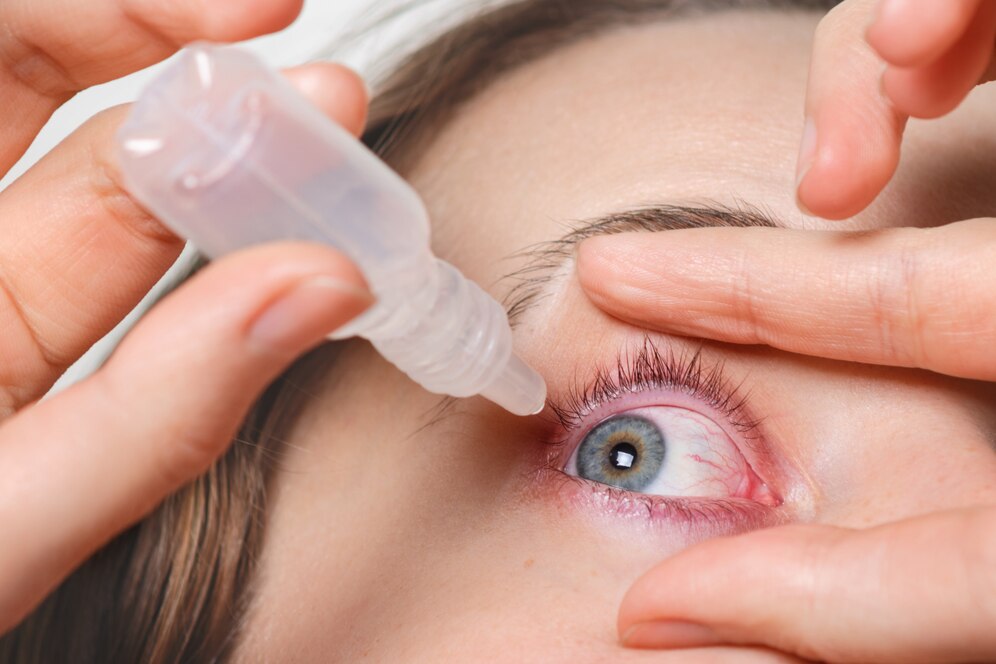Respiratory syncytial virus (RSV) is a global problem affecting a large number of people, mainly children are at risk, but in some cases, older people can also be at risk. RSV is a common respiratory virus that causes cold-like symptoms in children and adults. Sometimes the symptoms can be severe and unpredictable, requiring hospitalization of infected babies.

Health experts say the infection caused by the RSV virus can also lead to problems for the lungs and respiratory system. Center for Disease Prevention and Control (CDC) experts say that efforts should be made to protect children from this infection, for this, all children up to eight months of age must be vaccinated against infection. Let us know about this problem.
It is necessary to vaccinate children
CDC experts say all babies under 8 months old should get the vaccine to protect against the respiratory syncytial virus or RSV. RSV usually only causes mild cold symptoms, but babies can be at risk of serious complications, such as pneumonia or inflammation of the small airways of their lungs, during the first infection.
It is estimated that one to three percent of children under one year of age are hospitalized each year due to RSV. This risk can be reduced with the help of vaccination.
Vaccination can reduce the risk by 80 percent
Recently the FDA approved the injection for infants and certain high-risk children. The CDC also recommends that nircevimab be given to high-risk children younger than 19 months of age. This is a vaccine that protects against virus infection. Clinical trials have shown that it can reduce hospitalizations and serious health risks for RSV in infants by about 80%.
Know about respiratory syncytial virus
Respiratory syncytial virus (RSV) causes infection in the lungs and respiratory tract. In adults and older people, the symptoms of RSV are milder and are usually similar to those of the common cold. RSV can cause serious infections in some people.
Children one year of age and younger (infants), especially those born prematurely, people with heart and lung disease, or those who are immunocompromised may be at a higher risk of severe infection due to It is very important to defend.
Its symptoms are similar to Covid-19
Health experts say that both RSV and coronavirus are the same type of respiratory virus, so some of the symptoms may be similar. In children, COVID-19 often results in mild symptoms such as fever, runny nose, and cough, similar to those seen during RSV infection.
It is also worth noting that having RSV can weaken the immune system, which can increase the risk of getting Covid-19 in children and adults. On the other hand, if someone gets both infections together, then the risk of taking a more severe form of the disease increases.
(PC: iStock)










